With most countries doing little to counteract the effects of climate change, prospects currently look bleak for meeting the 2015 Paris Agreement demands. The December 1st, 2018 issue of The Economist offers a series of articles outlining how offending industries can realistically approach decarbonizing Earth’s atmosphere with new energy technology. Developing green fuels is expensive, but readers will learn how transitions can be instituted in stages to preserve existing infrastructure and resources. Super-light hydrogen is likely to be the heavyweight in an emerging zero-carbon world.
Reducing global carbon emissions requires ramped-up renewable energy usage, especially hydrogen fuel.
In Norway, where virtually all electricity comes from clean hydropower, a fossil fuel-free future seems imminent, but the global picture is not so bright. Most countries are not acting aggressively enough to decarbonize and meet the goals of the 2015 Paris climate change agreement. Despite strong investment in renewables, and growing electric car sales, 85% of the energy used worldwide last year was derived from fossil fuels, causing record negative impacts on global warming. The biggest offenders besides transportation are manufacturers of cement, steel and chemicals. A global “net-zero-emissions energy system” would consist of batteries, bio-fuels, synthetic fuels and hydrogen fuel cells. Hydrogen can be repurposed from fossil fuel plant waste or made from water electrolysis. Developing these new energy systems is expensive, but as with other technologies, the costs should decline over time. Eventually, standard battery storage “will play second fiddle to hydrogen” as a clean power source.
Experts agree that producing carbon-free electricity is the key to global...
The Economist, established in 1843, has never abandoned “its belief in free trade, internationalism and minimum interference by government, especially in the affairs of the market.”









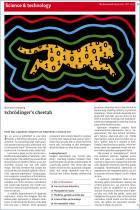
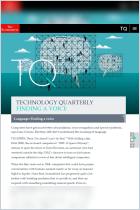
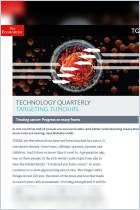

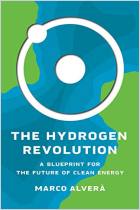

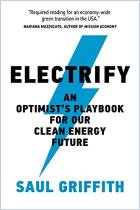
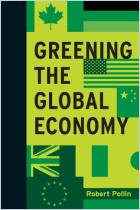
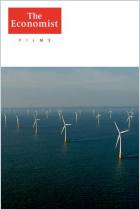
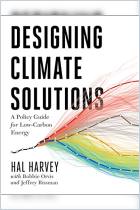




Comment on this summary or Démarrer une discussion